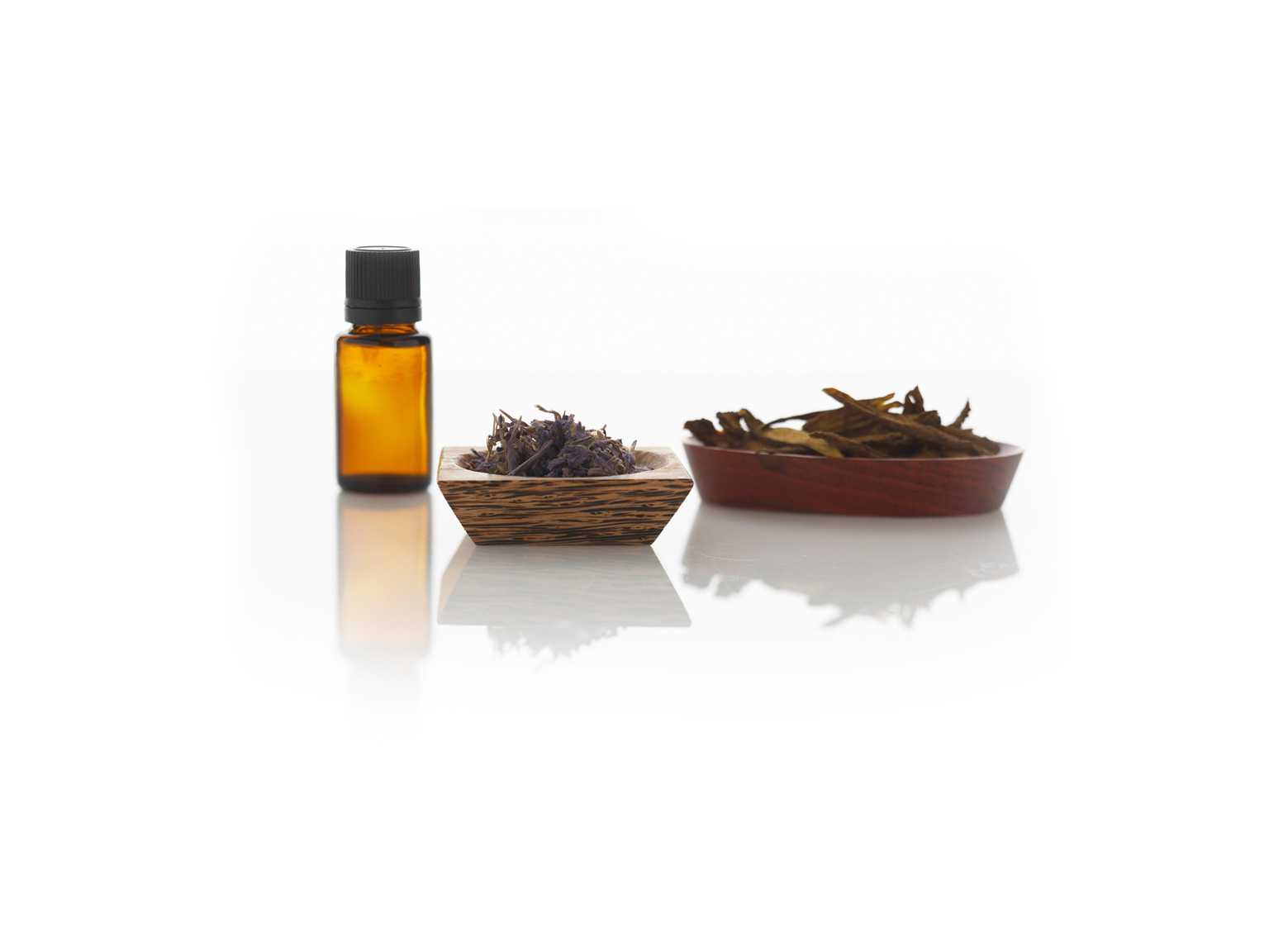
Essential oils on the brain. . .
A subscriber wrote in asking “how do essential oils affect the brain?” Essential oils (EO’s) are wildly popular and, as a clinical herbalist and aromatherapist, I get asked questions ALL THE TIME about them. One of the most common questions I hear is “do they work?” And “how do they work?”. In short, the brain (as well as the nervous system) is powerfully impacted by EO’s, let’s explore exactly how. . .
EO’s are secondary metabolites from plants – they manufacture them to ward off predators and microbes, amongst other things. So, EO’s are inherently anti-microbial. They’re also very fragrant, obviously. So, how do these molecules interact with human physiology via inhalation?
Our sense of smell has a uniquely powerful effect on the brain. We all know that scent can trigger both memory and emotion — the smell of freshly baked goods reminding us of holiday dinners; One sniff of a rose and we’re transported back in time and in the room with our grandmother applying her face cream. So, what, exactly, is this connection between our emotions, brain and aromatherapy? And how can we use it to our benefit?
Well, when we smell an aromatic plant, the EO’s travel into the nasal cavity, along the olfactory nerve and directly into the brain, easily passing the blood brain barrier due to their minescule size and lipophilic (fat loving) nature. Our brains and nervous systems are wired to respond rapidly to assess smelly situations (i.e. I smell smoke, is there a fire?). Our emotional response to a scent is very individual and based on our life experience, culture, and more. We learn to associate smells with feelings and these associations can last a lifetime. In fact, this association is so strong that psychologists are researching it as a therapeutic tool. So, we can empower ourselves to use scent in a therapeutic way on our own. . .
Inhaling a fragrance can support the mind & emotions in several ways: 1) Brain & nervous system support: many EO’s are naturally calming and centering. Think: lavender,chamomileand geranium rose(tip: Geranium Rose is very easy to grow and smells AMAZING!). 2) Scent recall: introducing a scent in a certain mental or emotional state encourages reproduction of that state when smelling the scent again in the future! So, feel free to choose your own scent adventure! For example, I grab a rosemary sprig and smell it when I research or study since rosemary enhances memory and mental focus. Then, when I teach classes, I bring some rosemary with me to support recall.
3. Vagus nerve tonification: the vagus nerve is very long meandering nerve that plays an important role in balancing our nervous system, stress response and emotions. Trauma and prolonged stress or tension can cause a lack of vagus nerve tone and, surprise!, aromatic and bitter plants support re-tonification of this nerve! A balanced and tonified vagus nerve = less reactivity and increased ability to self soothe. Again, choose your favorite natural fragrance to support tonification of the vagus nerve.
Note: a key word here is NATURAL as synthetic chemical fragrances actually damage our nerve cells. Be sure to read labels — the popularity of herbs and essential oils has resulted in a lot of faux natural products on the market, including very popular cleaning products that contain a little EO + high amounts of synthetic fragrance.
In short, adding aromatic (and bitter) herbs to your daily routine can have huge impacts on your health.
And, you don’t need to buy expensive tiny bottles of oil! In fact, I worry a lot about the popularity of essential oils and plant sustainability. For example, it takes 40 rosebuds to make 1 drop of rose essential oil! A more sustainable approach is to add 1 rosebud to your daily tea, sit down and take a nice deep nasal inhale while drinking. This way you get aromatherapy AND internal benefits of the herbs! In addition to being a better option for the planet, this is also a much safer way to use aromatic plants since EO’s are VERY concentrated and potent. For children and pets I generally recommend avoiding EO’s. Instead, add a cup of concentrated lavender and chamomile tea to the bathwater — this is a wonderful way to calm and soothe little ones safely.
When you drink your tea or soak in an aromatic bath, inhale deeply and enjoy knowing that you’re supporting:
– both brain & nervous system relaxation (limbic system & vagus nerve tonification).
– emotional and mental centering and balance.
Oh, and, a word on bitters, in addition to supporting vagus nerve tonification, they also support gut health and a happy gut = happy brain and nervous systems!
Want to learn more about essential oils? I highly recommend these quality sources: The Tisserand Institute
Be well, Amy

